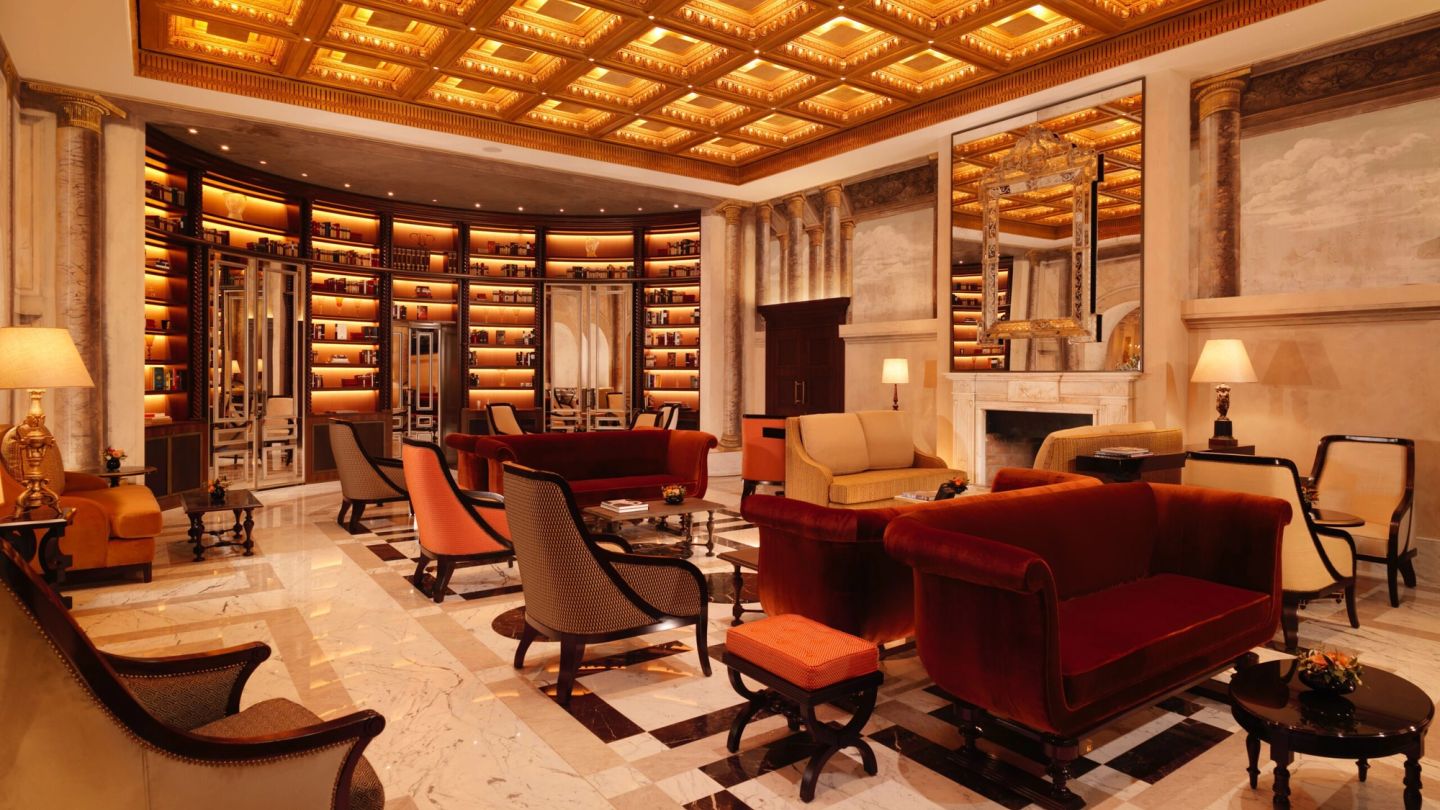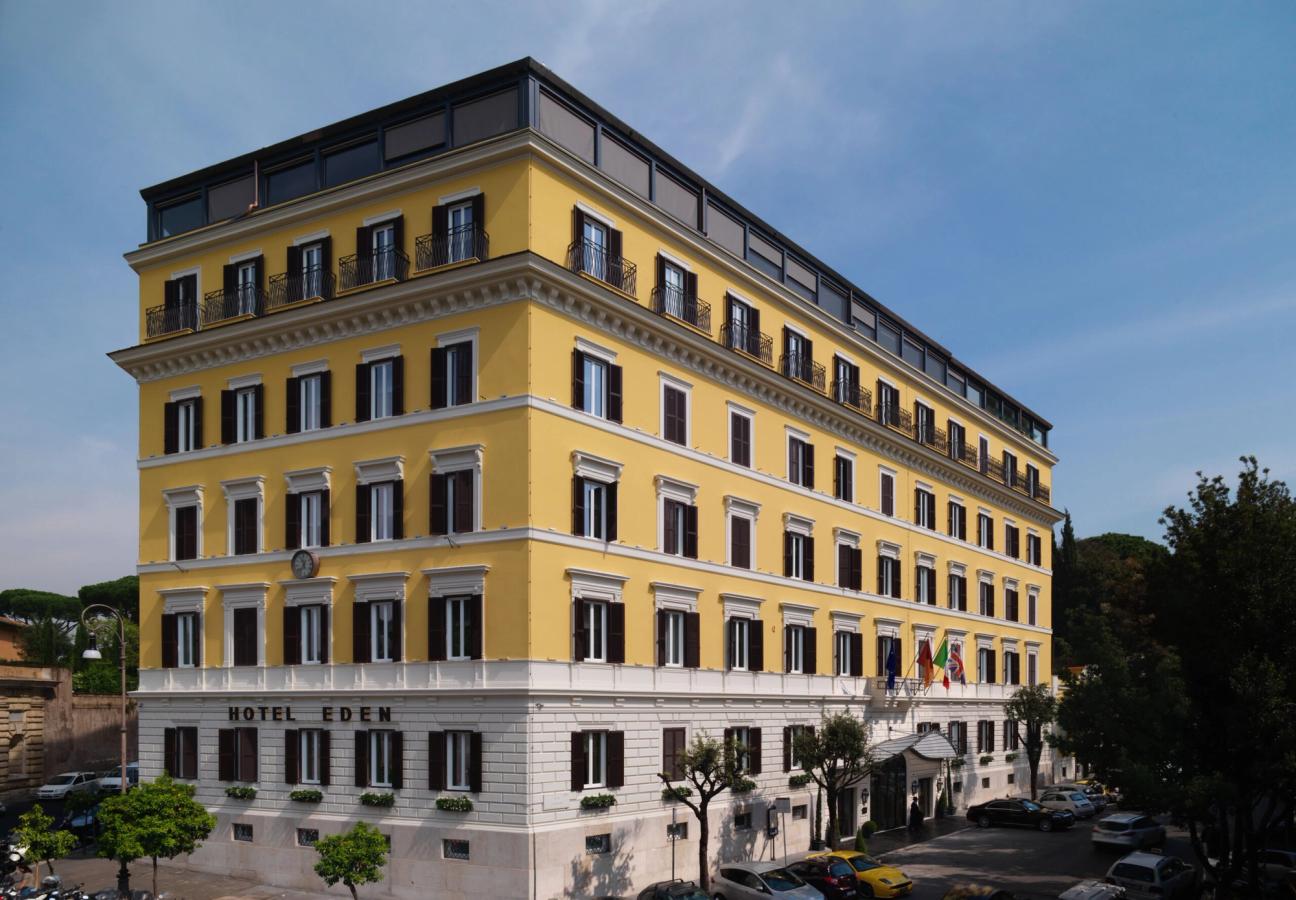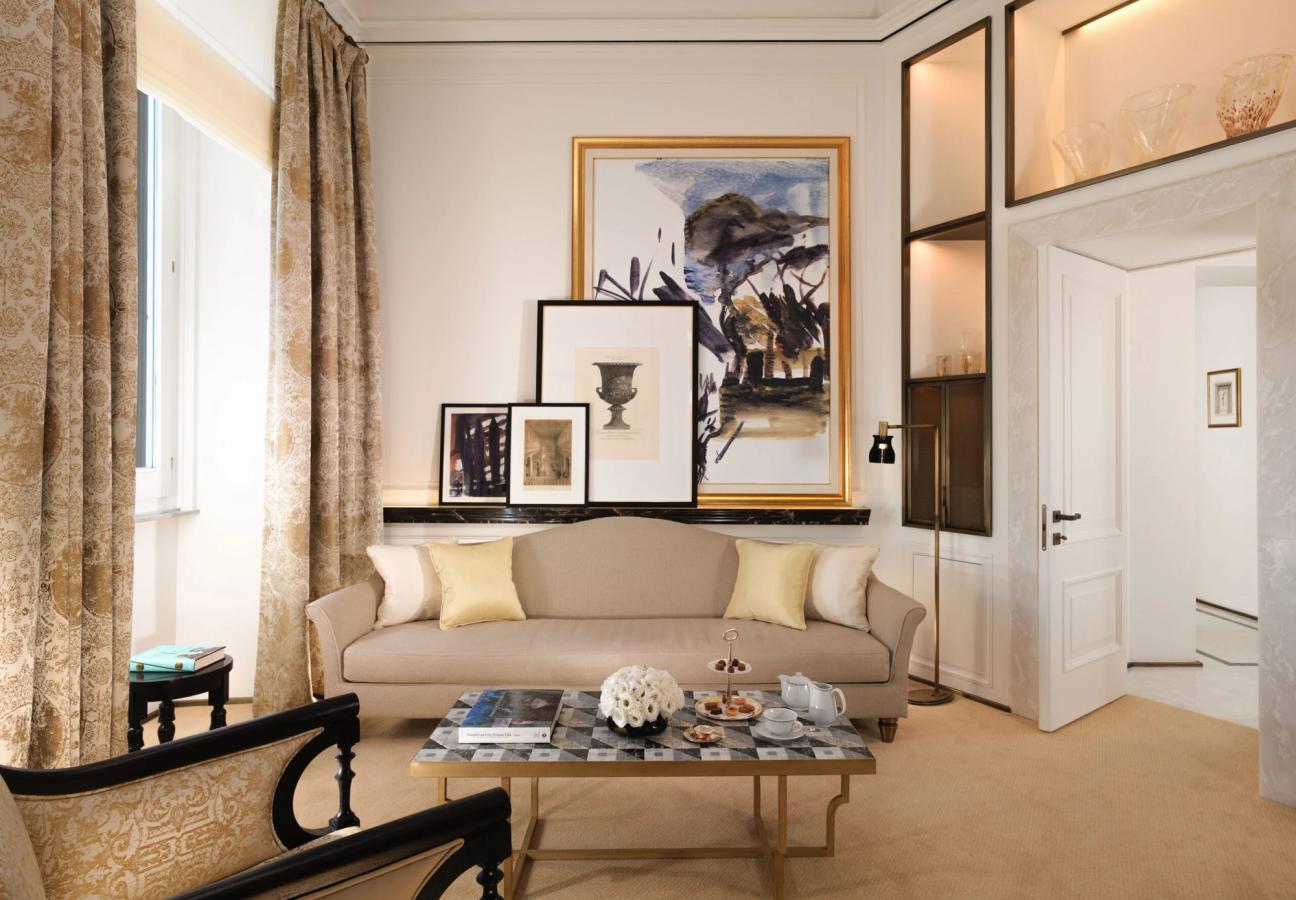

Words: Joseph Bullmore
Rome the city was built on seven hills. But Rome the idea — the tourist attraction, the constant daydream —was built on Audrey Hepburn. Yes, the Trevi Fountain is like some glorious renaissance Disneyland attraction, and the colosseum is impossibly big, and the Sistine Chapel is just impossible. But even the tourist who hasn’t seen Roman Holiday heads here in search of a Roman holiday: an escape or release from this or that; a hunt for something altogether more authentic and eccentric than they can quite put their finger on. The film, which turns 70 next year, is about a princess who shakes off the strictures of royalty and celebrity to cut about on a Vespa with a swoony Gregory Peck. Nowadays the Vespas are mainly for the businessmen in their double-pleated suits and navy Loro Piana Summer Walks, while the young lovers swoop along the alleyways on Lime scooters. (Just as chaotic, not nearly as aesthetic, though the TikTok creators don’t seem to mind.) But everyone is hoping for their little moment of individual revelation: the charred, juicy morsel of guanciale in the €5 carbonara; the smell of pine needles and the honk of horns; the little rectangle of sunlight in some hushed courtyard, where the smooth, old marble stays warm till midnight.

Audrey Hepburn came here, too — for the film, of course (this was the period of ‘Hollywood on the Tiber’, where writers and directors exiled from America for supposed communist leanings set up shop in Rome.) But many times afterwards, as well. Who knows what she was looking for, but she searched for it principally from Hotel Eden — a big, rectangular, bold building, stacked handsomely on a hill slope to the north of the Centro Storico, and constructed not so much like a wedding cake but a glowing tiramisu.
Specifically, Hepburn headed to the fifth floor — and I know this because she hymned its particular praises in the ancient visitor book, in an entry now framed and immortalised (alongside dozens of others, from Robert De Niro to Orson Welles) on a back staircase up to the rooftop terrace restaurant. She loved the views from the balconies, apparently — those vistas across a shimmering sea of terracotta and sun-burned orange towards the Vatican, the Pantheon, and the devastatingly symmetrical Vittoriano monument. Standing on the warm balcony of room 504, you almost feel like you could address the whole city, so long as you had the right megaphone and remembered not to look down.
Hotel Eden was the first hotel in Rome to have electricity and running water and an elevator when it opened in 1889, and Fellini liked to host his film press conferences at La Terrazza restaurant throughout the 1960s, probably because it’s hard to ask a pointed question when you’ve been lovingly anesthetized by carbs of this quality. Somewhere between the two, the place shifted from a building with rooms to an institution — a designation it has held ever since, only with the kind of quiet insouciance that the best Romans are capable of. Paris has Le Meurice, London has the Ritz, and Rome has Hotel Eden. When I think of the place now, two images come to mind. First: a forkful of perfect amatriciana, the tart-but-sweet tomato sauce concealing divine hunks of bacon among the stout, al dente paccheri; and also a sunset, watched from Il Giardino restaurant, which seemed to crawl languorously through an entire Pantone book of hues across the expanse of the rolling city, until it concluded in a kind of coral haze somewhere far away behind the hills. Pasta and dusk. Hotel Eden is a place of luxurious, artful pleasures. But it knows that the simple ones are often the best.

Location shouldn’t matter much in a place as mundanely enchanting as Rome. (Switch on the ‘Near Me’ function on your Wikipedia app on almost any street corner, and you’ll be barraged with long pages about even the most innocuous portico or frieze.) But Hotel Eden’s spot is particularly pleasing. You can roll gently down the hill from the front doors to the Spanish Steps in all of five minutes, for example, or trot three minutes north to the Borghese Gardens and the great passeggiata routes that span the Villa Medici. The hotel is a part of everything but gently apart from everything — a fine trick in a city as frenetic as this.
(On the subject of trots: a very clever walking route has just been unveiled by the hotel — the latest in its line of bespoke, private walking trails, where guests can follow in the footsteps of famous artists. This time, its Caravaggio’s turn — a highly filmic rags-to-riches tail which takes in wealthy patrons, roguish gamblers and enigmatic fortune-tellers around the streets that have often changed little since his time. Martin Scorsese, we learn, always thought Caravaggio would make a fine director — not just for his eye, one suspects, but also for his dramatic life story.)
Rome’s brand is elegant chaos. At Hotel Eden, one of the staff tells me that she lived in London for a few years once upon a time, and was blown away by how diligently and smoothly everything always seemed to work — a revelation that will make anyone who regular relies on the District line scoff into their Gail’s macchiato. But she had to return, she said, to the Eternal City sooner or later — a place where the chaos is not a bug, as Silicon Valley types like to say, but a feature. The madness and eccentricity are not simply priced-in, they’re part of the value. New York has its grid system; Paris has Hausmann’s grand plans, and London has the sensibleness of suburbia. Rome is all lanes and alleyways, stories and passion and escape routes. Gazing out from the balcony on Hepburn’s beloved fifth floor, you can see all of that in a hundred shades of orange, and it is never boring. Some very nice hotels are calm but dull; others are doting and efficient and thus smug. But Hotel Eden is enveloping without every being suffocating; relaxing without being soporific; knowledgable without being sniffy. It is, in this way, completely Roman, peak Peck — the holiday within the endless holiday.


